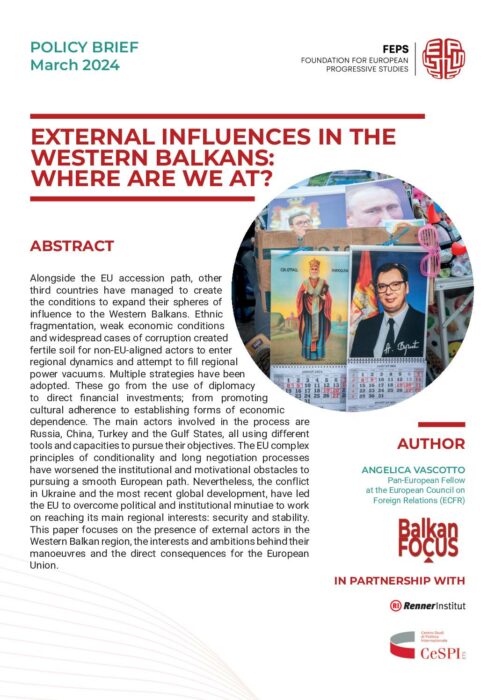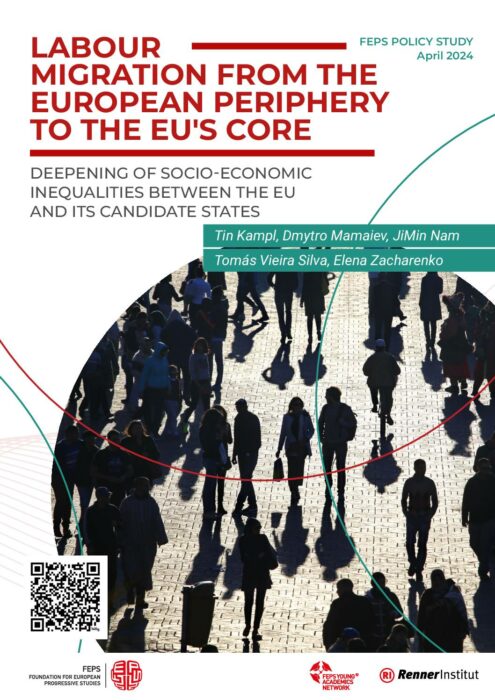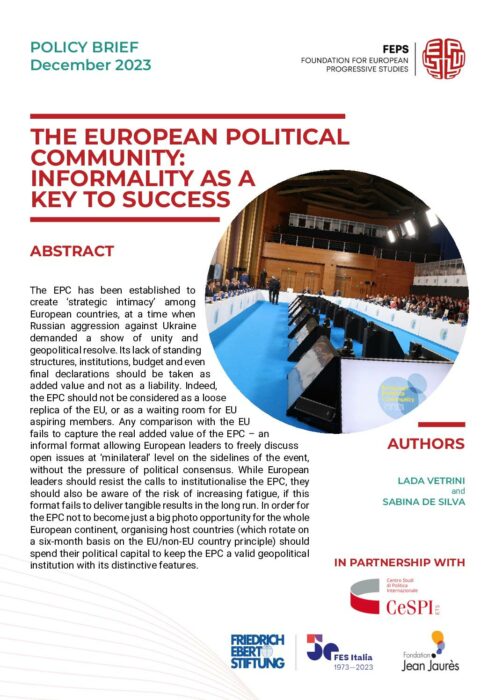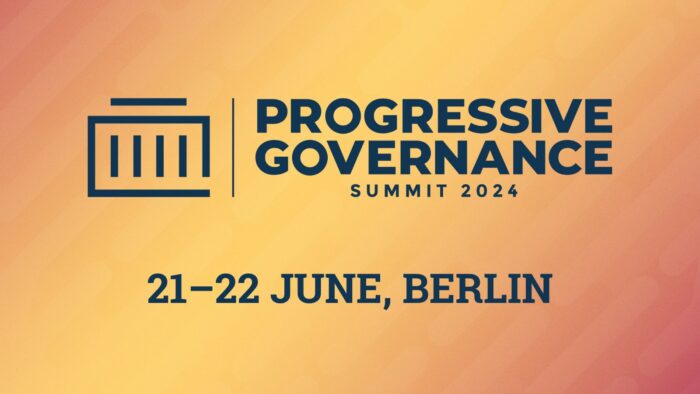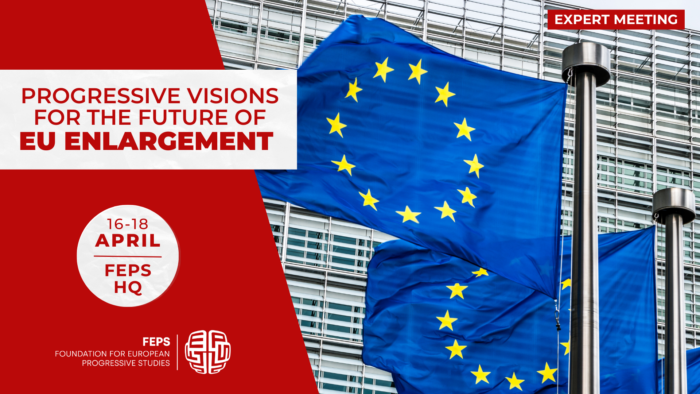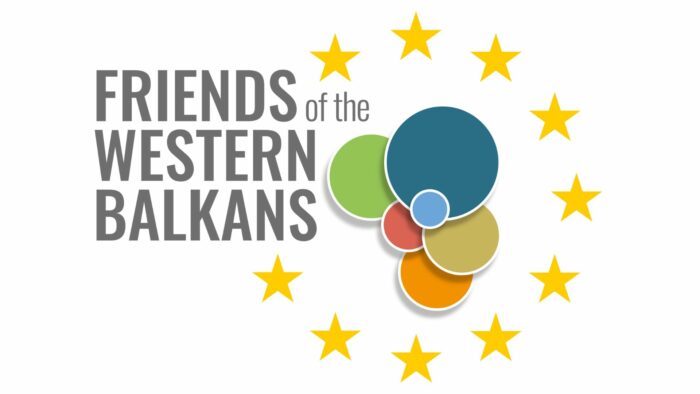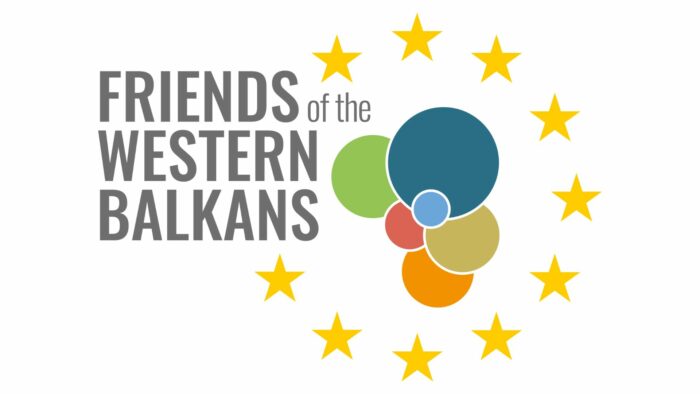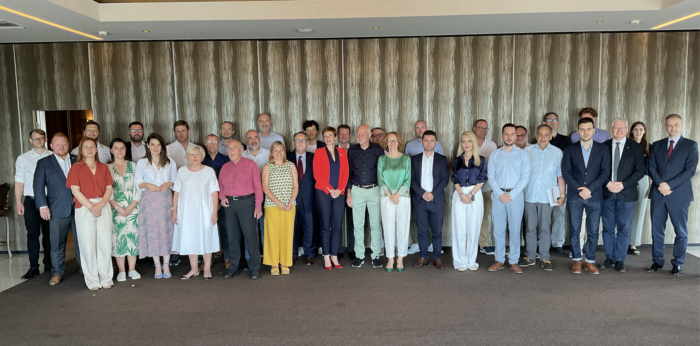Find all related publications
Publications
Find all related events
Events
Past
21 - 22/06/2024
Berlin, Germany
16 - 18/04/2024
FEPS HQ (Expert meeting)
21 - 23/03/2024
Pristina, Kosovo (Expert meeting - Hybrid)
Find all related news
News
Find all related in the media
In the media
NATO-bővítés sok vitával: érvek, ellenérvek és lobbik a Clinton-elnökség idején
by BBC History 07/07/2024
EU-VÍZIÓ, Dull Szabolcs újságíró Andor Lászlóval beszélget
by MÚOSZ Magyar Újságírók Országos Szövetsége 11/04/2024

